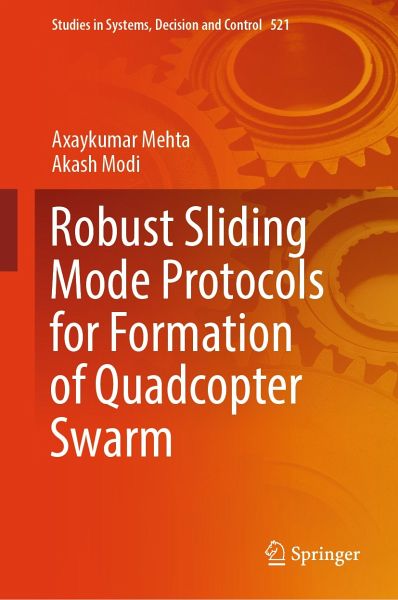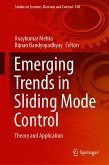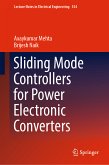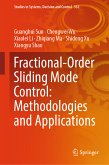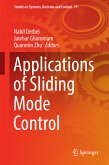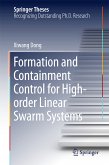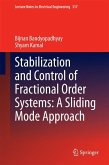This book presents several robust sliding mode protocols for achieving the formation and tracking of Quadcopter swarm for a given pattern. In entire book, the concept of leader-follower formation control of a multi-agent system is exploited for deriving the protocols and the graph theory is used to represent the communication between the Quadcopters. The book covers two types of formation protocols of the Quadcopter swarm namely, continuous-time sliding mode protocols and discrete-time sliding mode protocols. First, the continuous-time higher order sliding mode protocols using super-twisting algorithm are designed for formation using linear and non-linear models of Quadcopter. Then, the discrete-time sliding mode protocols using power rate reaching law, discrete-time super twisting algorithm, and exponential reaching law are presented. The protocols are thoroughly analysed for robustness, chattering, control effort, and convergence time for achieving the formation. Also, the stability conditions using the Lyapunov function are derived to ensure the stability of the swarm with each protocol. Further, each chapter includes extensive simulation and comparative studies to show the efficacy of each protocol. The book will be useful to graduate students, research scholars, and professionals working in the domain of civilian and military usage of the drone technology.
Dieser Download kann aus rechtlichen Gründen nur mit Rechnungsadresse in A, B, BG, CY, CZ, D, DK, EW, E, FIN, F, GR, HR, H, IRL, I, LT, L, LR, M, NL, PL, P, R, S, SLO, SK ausgeliefert werden.

